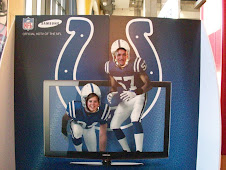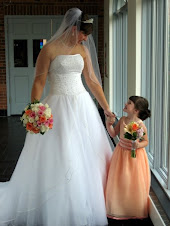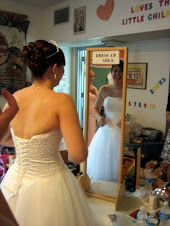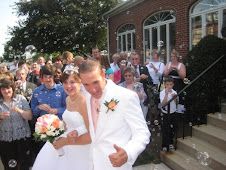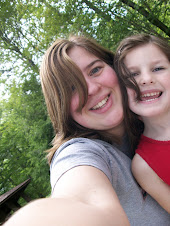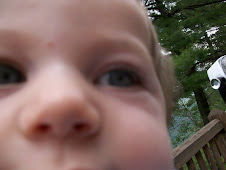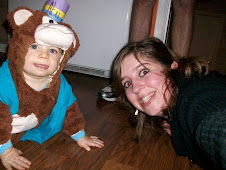Well, it's after 11:00 and I just got home from class. I was really fired up the whole way home, thinking about censorship and the specific example of "Troy" from class. I had a bunch of questions.
To take a question from my group's discussion, what if someone had written the assignment from the slave's perspective and had brutally murdered the slave-owner? Would we have had a problem with that? Would the student have had to rewrite this assignment then?
If you think that assignment would have been acceptable, would your answer change if that writer was a black student?
If you'd still accept the assignment, don't you think that you'd be accepting a paper equally as racist as Troy's?
What if Troy hadn't derived so much pleasure from the writing? Would it have been acceptable then?
Why can we read terrible stories and gruesome details, but then censor our students when they write them? If we don't have to censor ourselves, why do we censor our students when we don't always agree with them?
Maybe my questions are out there and crazy, and I am in no way agreeing with what the student wrote. I think it's disgusting that people think that way. However, we accept when famed authors write about these horrors and I don't feel that we should censor our students (who could be the next famed author about slavery) when they react to writing prompts.
What Do You Mean No More Books?!?!
14 years ago


 Here's one with the cheerleaders right before the Colts come out at the start of the game:
Here's one with the cheerleaders right before the Colts come out at the start of the game: 
